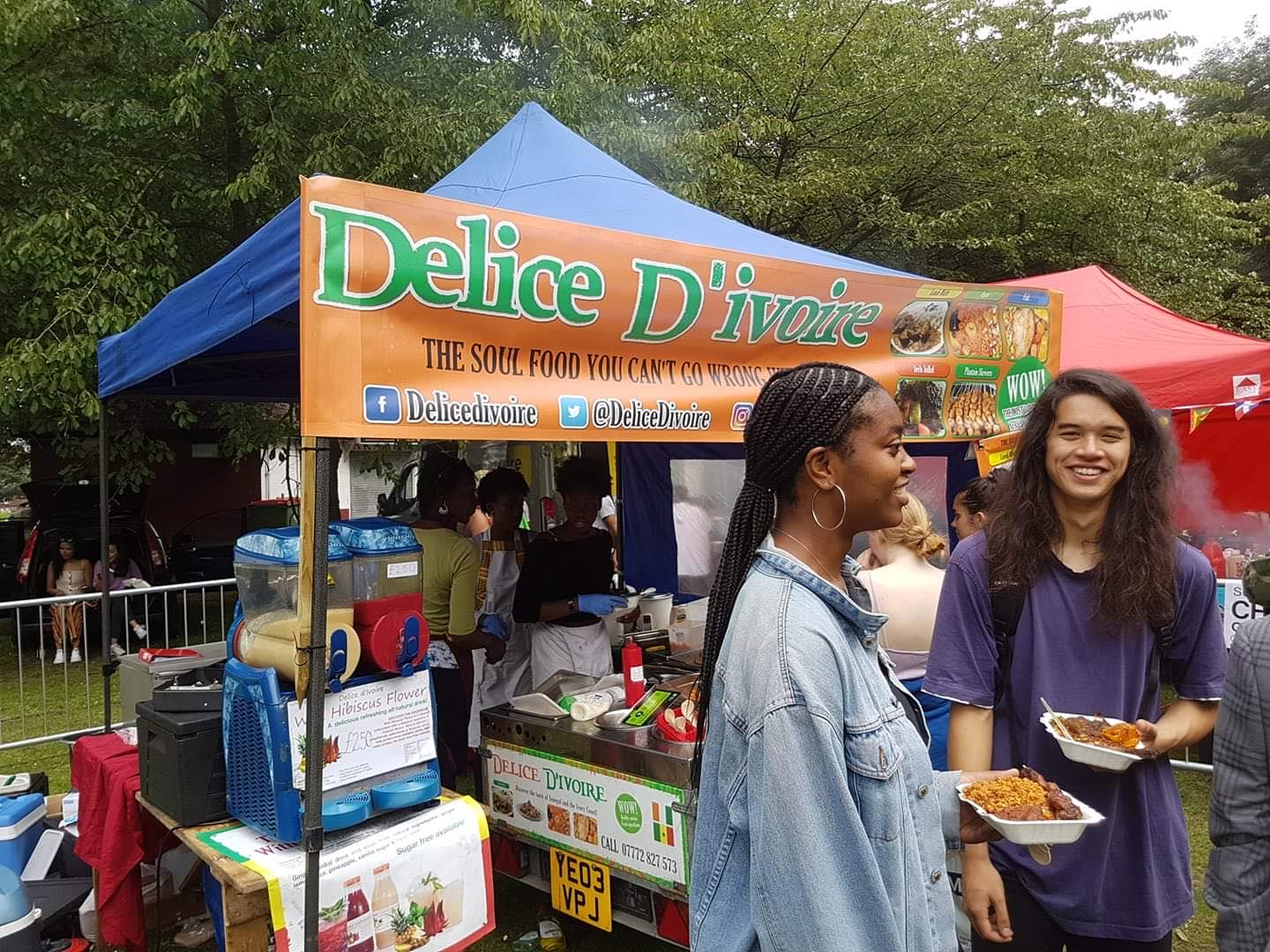To commemorate and celebrate Black History Month this year, Liberation Coordinators (a group of students appointed to represent and advocate for marginalised students at the University of Leeds) have launched a campaign to diversify the range of products and food available at the Union.
The goal of their campaign is to cater to the needs of Black students at the university and promote Black-owned businesses. This campaign includes products sold at the Co-op (food, drink haircare and self-care ) and its food outlets such as Terrace, Old Bar and Common Ground.
The Liberation Coordinators have created a survey asking Black students what food, drink, haircare and self-care products or bands they want to see stocked in the Co-op as well any dishes and recipes they want on the menu at LUU food outlets.
They hope to keep the survey open for the whole academic year with the product list being “non-exhaustive and continuously growing.”
This is to make sure that every Black student at Leeds is given the opportunity to have a say and the LUU knows there is a need for this.
Whilst the campaign is being launched during Black History Month, the Liberation coordinators are keen to ensure that this will be a yearlong campaign that results in permanent and sustainable change within the union.
Their goal is to ensure that Black students see themselves represented in the Union beyond Black History Month.
“The ultimate achievement would be that Black students feel that they can utilise what LUU has to offer, as much as other students that are currently available to. Potentially, it might also be the first stepping stone to diversifying the products range for other ethnically minoritised students too.” Explained Danielle, a Liberation Coordinator.
Regina emphasised that for her, this campaign was about: “normalising the Black culture that I found on campus, because you can’t ignore that there are Black students at Leeds.”
As a Black student herself, her role as a Liberation Coordinator especially in the wake of the Black Lives matter movement was a way for her to hold the university to account: “I feel like sometimes the university and the union go hard for Black History Month and forget about the rest of the year. We have to hold the university accountable to ensure that change is actually implemented.”
When asked where the idea for this campaign came about Danielle said: “Leeds is one of the biggest student unions in the UK and as such, it should reflect all students that attend the university.”
This was mirrored by fellow Liberation Coordinators Lily: “White students can easily go into the Co-op and buy products that support their hair type. We saw that there were no products in the Co-op specifically for afro-textured hair. This didn’t make sense to us. How can the Union represent its Black members, if it is not selling products for its Black members specifically?”
How long will it take students to see the effects of the campaign in the LUU?
The Liberation coordinators made it clear that they are working hard to get products in the Co-op as quickly as possible and they want to make sure that they are affordable.
Danielle added that the campaign has already started to bear fruit: “If you go to Old Bar now, we actually have a promotional BHM cocktail and mocktail called ‘Legacy Fusion.’ If you like cocktails – then definitely give it a try!”
She added that: “In terms of food being sold in outlets such as Old Bar, the effects of our campaign here should be relatively soon. We have been working with Jon, the manager, to create a menu that includes African-Caribbean foods.”
Here are what some students thought of the campaign:
Kingsley, president of Leeds Law society and former president of African-Caribbean society said: “I think this is a brilliant idea! Leeds has always prided itself on being diverse and this an excellent step in furthering that by demonstrating Inclusivity. I can see this becoming hit for students, as they won’t necessarily have to leave campus to find products that they need, which in turn will only lead to a more vibrant campus.”
An anonymous student added :“it seems like a good idea but if the changes are implemented e.g. the refractory starts selling more ‘Black foods’ there’s the danger the food isn’t nice, so it would’ve been better if they never tried at all”
Abigail, social media manager for Black Feminist Society also raised an important question about whether this could potentially detract from supporting local Black-owned businesses and food outlets in Leeds: : “I appreciate the important steps LUU are taking and think it is a great idea, however…unless the food they are getting is being provided by a Black-owned distributor I have no interest in spending money at the union for food that are predominantly sold and consumed by the Black community”
In response to concerns from students about wanting to continue supporting Black-owned businesses and food outlets already in Leeds, Regina exclaimed that: “I am really pushing for the LUU to collaborate with Black businesses and vendors in Leeds because it will be good for both businesses. If the food isn’t nice then it’s going to put people off, so we have to collaborate with African-Caribbean food vendors. “
She also added that: “I have asked the LUU if they would consider hiring a Black chef and they responded saying that their chefs well trained, but they didn’t answer my question. I think this campaign will work if they are open about it.”
In response to the issues raised in this article, Laila, the LUU Equality and Diversity Officer said: “I have not been a part of those conversations; however, I appreciate you bringing them to my attention. If need be, I can talk the specific Liberation Coordinators involved and hear their concerns/opinions and see what I can do within my role, to help support their vision. “
Photo credit: @delicedivoire / June 2019

